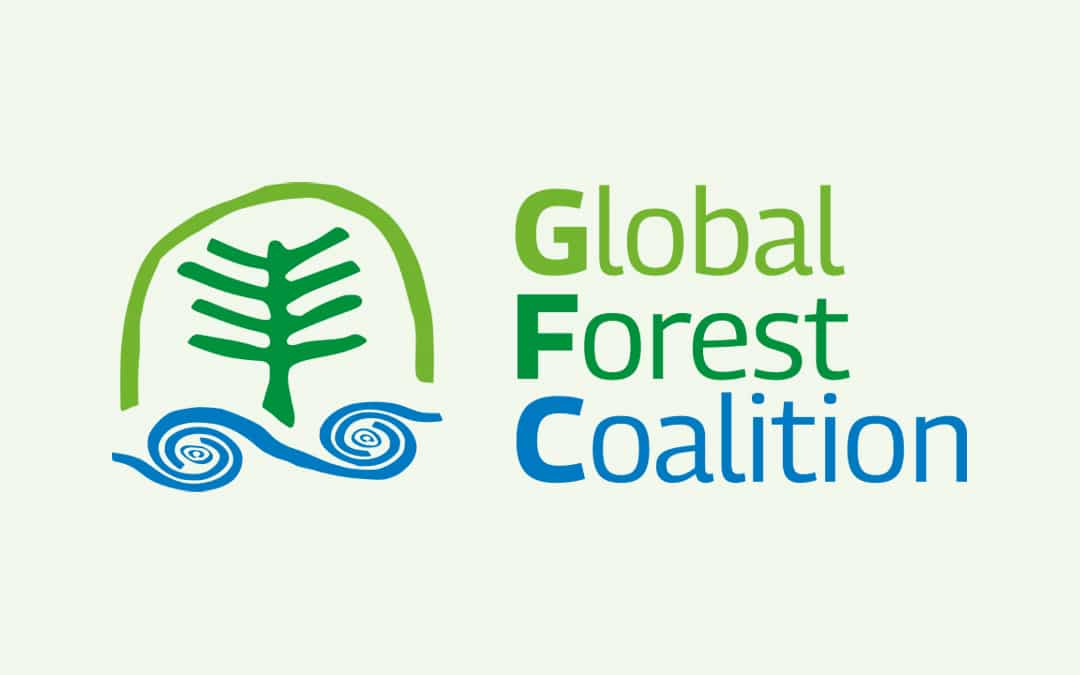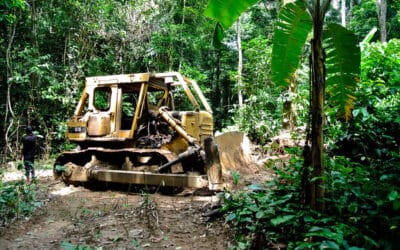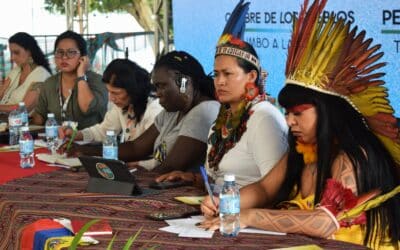3. The fuel of Africa’s economic growth and development is its food system. Food systems in Africa rely on indigenous local products. The 2010-2011 report by the Food and Agriculture Organisation on ‘The State of Food and Agriculture [1], indicates that in Africa 50-80% of agricultural labour is provided by women. Africa’s primary food security systems are a t threat from the process of relentless land degradation, dispossession, privatisation and large scale land grabs. Furthermore, these local food production systems are threatened by the loss of women’s indigenous knowledge necessary to preserve our rich ecosystems, seeds and animal biodiversity. However, women farmers are being driven out of the food economy under the relentless drive towards exclusively large-scale commercial agriculture. The impact of these approaches to our environment and to our complex ecosystems cannot be stressed enough. It is time for urgent action now.
We urge African political and business leaders participating at the Regional Africa World Economic Forum 2013 to broaden their understanding of an “emerging Africa” beyond extractive industry driven GDP. A balance must be struck between nurturing real African economies — where we “produce what we consume and consume what we produce” — and slavishly aligning our production systems to the requirements of external powers. As African women, we wish to end the cycle of exclusion and marginalisation that has characterised Africa’s location in the global economy, and our participation as citizens within it.
As a group of African feminists, women’s rights and social justice a ctivists passionate about the realisation of the rights of all Africans we commit ourselves to work with women, decision makers, business people and thought leaders across the continent to
reimagine and work towards Africa’s transformation guided by principles of sovereignty, self-determination, equity and justice.
——-
[1] Food and Agriculture Organisation of the United Nations, 2011. 2010 -2011: The State of Food and Agriculture [pdf] Available at: http://www.fao.org/docrep/013/i2050e/i2050e.pdf
[Accessed 5th May 2013].
Signed:
African Women’s Development Fund (Regional)
African Women’s Economic Policy Network (Uganda)
Biowatch (South Africa)
Busia Community Based Services (Kenya)
Economic Justice Network (South Africa)
Gaia Foundation (International)
Grassroots Organisation Operating Together in Sisterhood (Kenya)
Land Access Movement of South Africa (South Africa)
Rural Women’s Movement (South Africa)
SOS Addis (Ethiopia)
Surplus People Project (South Africa)
Tanzania Gender Network Program (Tanzania)
The African Biodiversity Network (Kenya)




